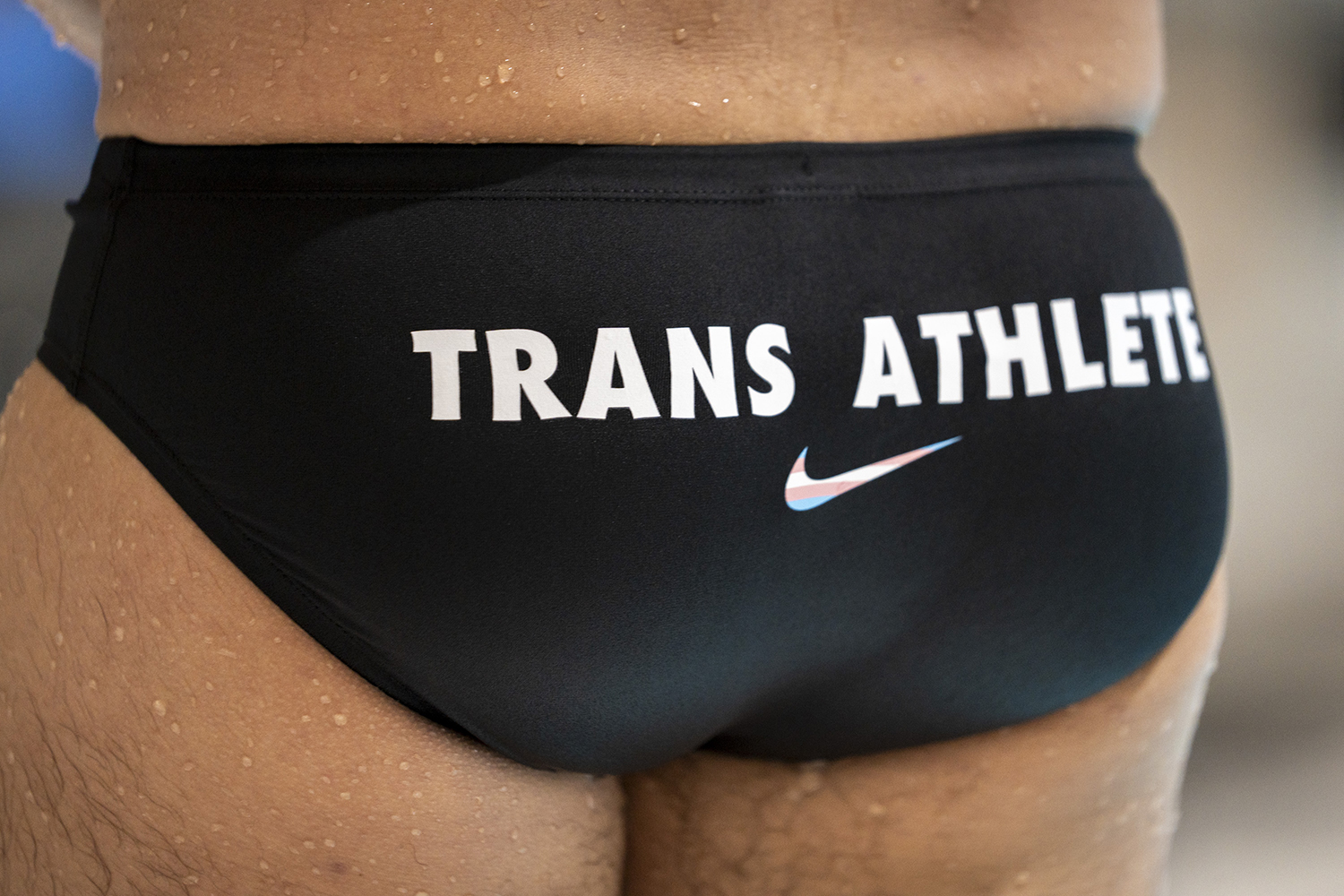
The United States Supreme Court announced Thursday that it will hear two cases involving laws in Idaho and West Virginia that bar transgender female students from participating in girls’ and women’s sports teams at public schools.
The Court’s decision comes after lower federal courts issued rulings in both states favoring transgender students who challenged the laws.
The Supreme Court will hear two major cases on laws in WV & ID that limit girls’ and women’s sports to biological females.
The cases involve two trans-identifying male students, ages 15 and 24, who challenged the bans. pic.twitter.com/abb3txSppO
— CatholicVote (@CatholicVote) July 3, 2025
Trump’s Sovereign Wealth Fund: What Could It Mean For Your Money?
The outcome of the high court’s review could determine whether states may enforce laws based on biological sex in the context of school athletics.
“I am optimistic that after hearing the case, the Supreme Court will restore sanity to athletics and allow West Virginia to enforce its commonsense law that prevents boys from competing in girl’s sports,” West Virginia Attorney General Patrick Morrisey posted on X following the announcement.
I am pleased that the Supreme Court is taking up West Virginia V. B.P.J., a case I worked tirelessly on as Attorney General. I am optimistic that after hearing the case, the Supreme Court will restore sanity to athletics and allow West Virginia to enforce its commonsense law that…
— Governor Patrick Morrisey (@wvgovernor) July 3, 2025
This Could Be the Most Important Video Gun Owners Watch All Year
Currently, 27 states have enacted laws restricting transgender students—specifically male-to-female individuals—from participating in female-designated sports programs at public schools.
The laws in both Idaho and West Virginia state that athletic teams must be determined by biological sex and explicitly prohibit “students of the male sex” from joining female sports teams.
The West Virginia case stems from a 2021 lawsuit filed by Becky Pepper-Jackson, a transgender middle school student who was prohibited from joining the girls’ cross country and track teams.
Pepper-Jackson, who has been taking puberty-blocking medication and identifies as female, challenged the state’s restrictions in federal court.
A federal judge initially ruled in Pepper-Jackson’s favor at the early stages of the case but later reversed course and upheld the state’s law.
However, the U.S. Court of Appeals for the 4th Circuit ruled in 2023 that Pepper-Jackson’s exclusion violated Title IX, the federal statute that bars sex-based discrimination in education.
The appeals court cited Pepper-Jackson’s social and medical transition in its opinion: “She has been publicly living as a girl for more than five years. During that time, her elementary and middle schools created gender support plans to affirm her gender identity and ensure she is recognized as a girl at school.”
“To align with her gender identity, [Pepper-Jackson] has changed her name, and the State of West Virginia (whose Act is challenged here) has issued a birth certificate that recognizes her changed name and lists her sex as female,” the ruling continued.
“[Pepper-Jackson] also takes puberty blocking medication to prevent her body from experiencing male adolescent development and estrogen hormone therapy, which is leading her to develop the outward physical characteristics — including fat distribution, pelvic shape, and bone size — of an adolescent female. Her family, teachers, and classmates have all known [Pepper-Jackson] as a girl for several years, and — beginning in elementary school — she has participated only on girls athletic teams.”
The court concluded that the law presented an unfair ultimatum, stating, “Given these facts, offering [Pepper-Jackson] a ‘choice’ between not participating in sports and participating only on boys teams is no real choice at all.”
The Idaho case involves Lindsay Hecox, a transgender student at Boise State University who attempted to join the women’s cross-country and track teams but did not qualify.
Hecox later joined various sports clubs on campus, including running and soccer teams.
In 2020, a federal judge blocked Idaho’s law, ruling it likely violated the Equal Protection Clause of the U.S. Constitution and amounted to discrimination based on sex and transgender status.
The 9th U.S. Circuit Court of Appeals upheld that decision in 2023 and reaffirmed it in an amended ruling in 2024.
While the Supreme Court has agreed to hear the West Virginia and Idaho cases, it declined to take up a third case from Arizona, which raises similar legal issues.
The Court is expected to hear arguments after it reconvenes for its next term beginning October 6.
This development follows a decision last month in which the Supreme Court upheld Tennessee’s ban on puberty blockers and hormone therapy for minors, a ruling seen as significant for states pursuing similar legislative restrictions.
Celebrate Summer with this LIMITED EDITION Grizzly Trump Cooler! Exclusively on Mammoth Nation.
The opinions expressed by contributors and/or content partners are their own and do not necessarily reflect the views of LifeZette. Contact us for guidelines on submitting your own commentary.









![Florida Man With Violent History Arrested for Choking a Cop [WATCH]](https://www.right2024.com/wp-content/uploads/2025/06/Eleven-Stabbed-in-Attack-at-Salem-Homeless-Shelter-Across-From-350x250.jpg)






